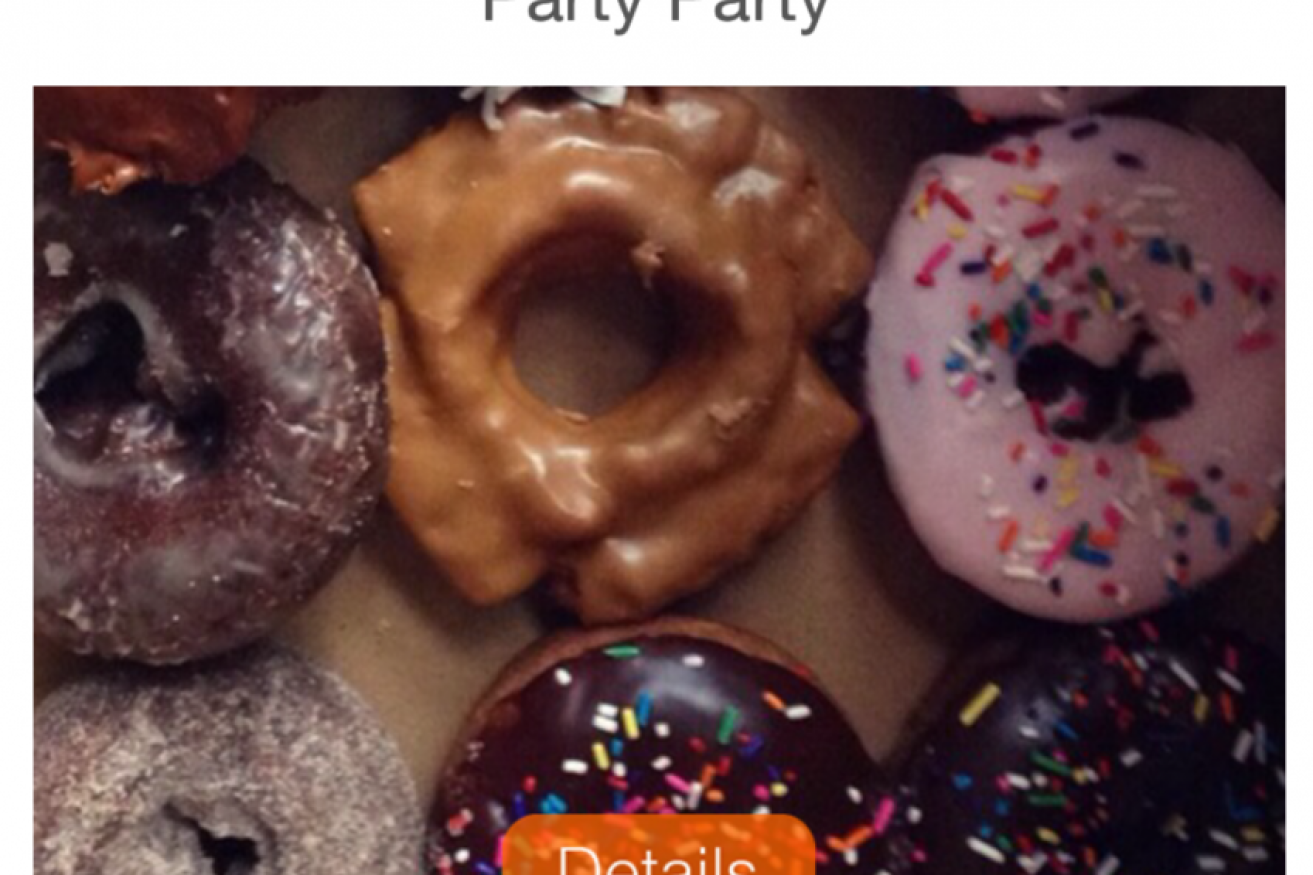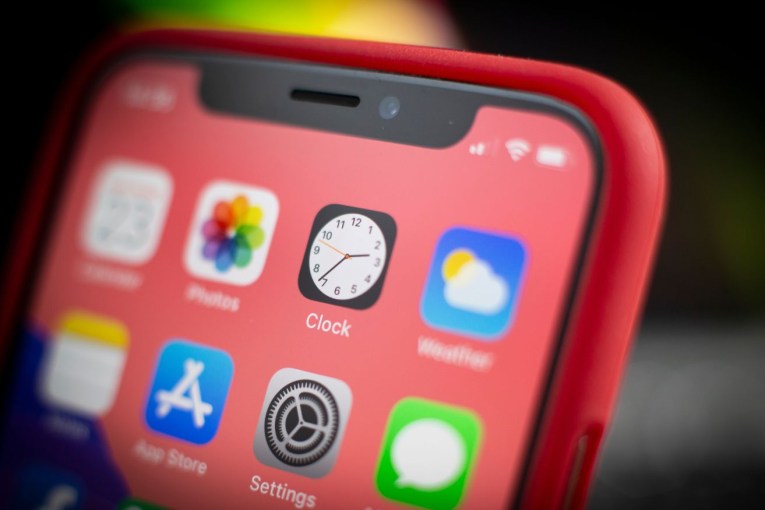The app that attracted 100 strangers in one night


It’s 9.30 on a Monday night and my phone hasn’t stopped buzzing for the last three hours. My newfound popularity comes courtesy of brand new after-party app KickOn.
• Guardian angels: the best apps for your personal safety
• Social media lands Aussie workers in hot water
• iPhone 6 Plus review: life with my new (big) bestie
Described by its founder Charles Stewart as “the Tinder of events”, the app lets you find parties near you to move on to after the clubs close. You can apply to attend an event, after which the host will approve you and give you access to a digital party ticket known as a “kicket”.
 Basically, it’s a haven for stalkers, party crashers, predators and pranksters. This is a recipe for disaster.
Basically, it’s a haven for stalkers, party crashers, predators and pranksters. This is a recipe for disaster.
Not everyone agrees with me apparently, because the app already has 11,000 users worldwide.
To test it, I created a highly inaccurate profile purporting to be a 21-year-old born in 1987 (you do the maths), who lives in Melbourne but attends the University of Sydney (what) and who loves cats (I don’t).
My profile picture is a photo of me dressed as a witch for Halloween – just plain creepy.
Although I straight-up lied about my identity, people seemed to buy it in a big way.
To really give the app a workout, I decided to design the lamest party ever to see if anyone would take the bait.
Titled “Party Party” and promising “donuts and beer” with a grainy photo of said donuts, I didn’t think I’d get much response.
Boy, was I wrong.
That’s the kicket
By the time I’d managed to frantically shut down the notification system on my phone, I had received nearly 100 responses to my invite and was ready to throw in the shindig towel forever.
Thankfully, my tweets of desperation elicited a response from none other than the KickOn founder himself, who promised to help me shut down the event. Phew.
But what about when the founder of the company isn’t available to save you from thousands of gatecrashers?
 “We are working on an edit and delete button but we’re experiencing some issues with that,” Mr Stewart told me when I posed this question.
“We are working on an edit and delete button but we’re experiencing some issues with that,” Mr Stewart told me when I posed this question.
That’s fine, most new apps have some glitches. But what about the bigger issue – how do I know who these people are?
“We have a reputation system built into the app to promote responsible partying,” Mr Stewart explains.
“After you’ve hosted a party you can rate three people as MVP – Most Valuable Partier.”
Ok, so I can vet my guests based on their dancing and drinking ability, but what about the venue? Could I hold a party at my neighbour’s house without them knowing it?
“We’re encouraging users to upload a profile photo featuring their ID to verify the person,” Mr Stewart says.
“That’s definitely an issue we will be working on with our user base to make sure we don’t have any random irresponsible parties set up.”
So, in short? No. Sorry neighbours.
Recipe for disaster
Maybe I’m being over-cautious. After all, Mr Stewart doesn’t seem fazed by the potential for disaster.
“The app will change the way the world parties … forever,” he tells me.
“We’re targeting university students who want to meet new people and expand their social networks.”
Maybe he’s right – maybe it’s all good clean fun – but for me, the concept of having someone named ‘Partii Pie’ come to my home to boogie down just makes me anxious.
I’m too old for this stuff.








